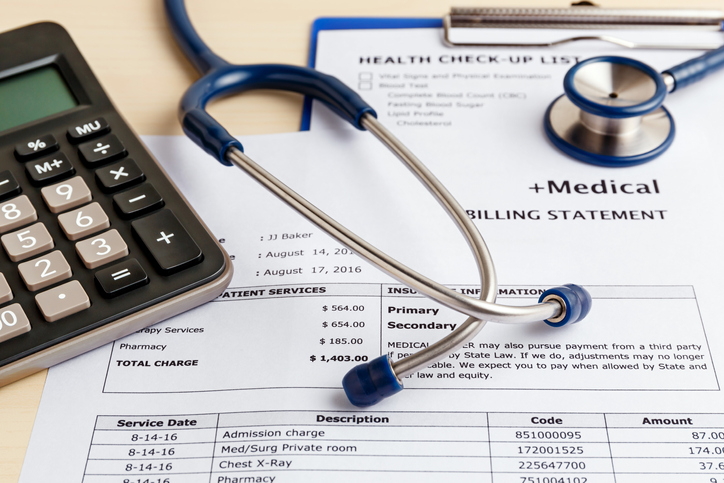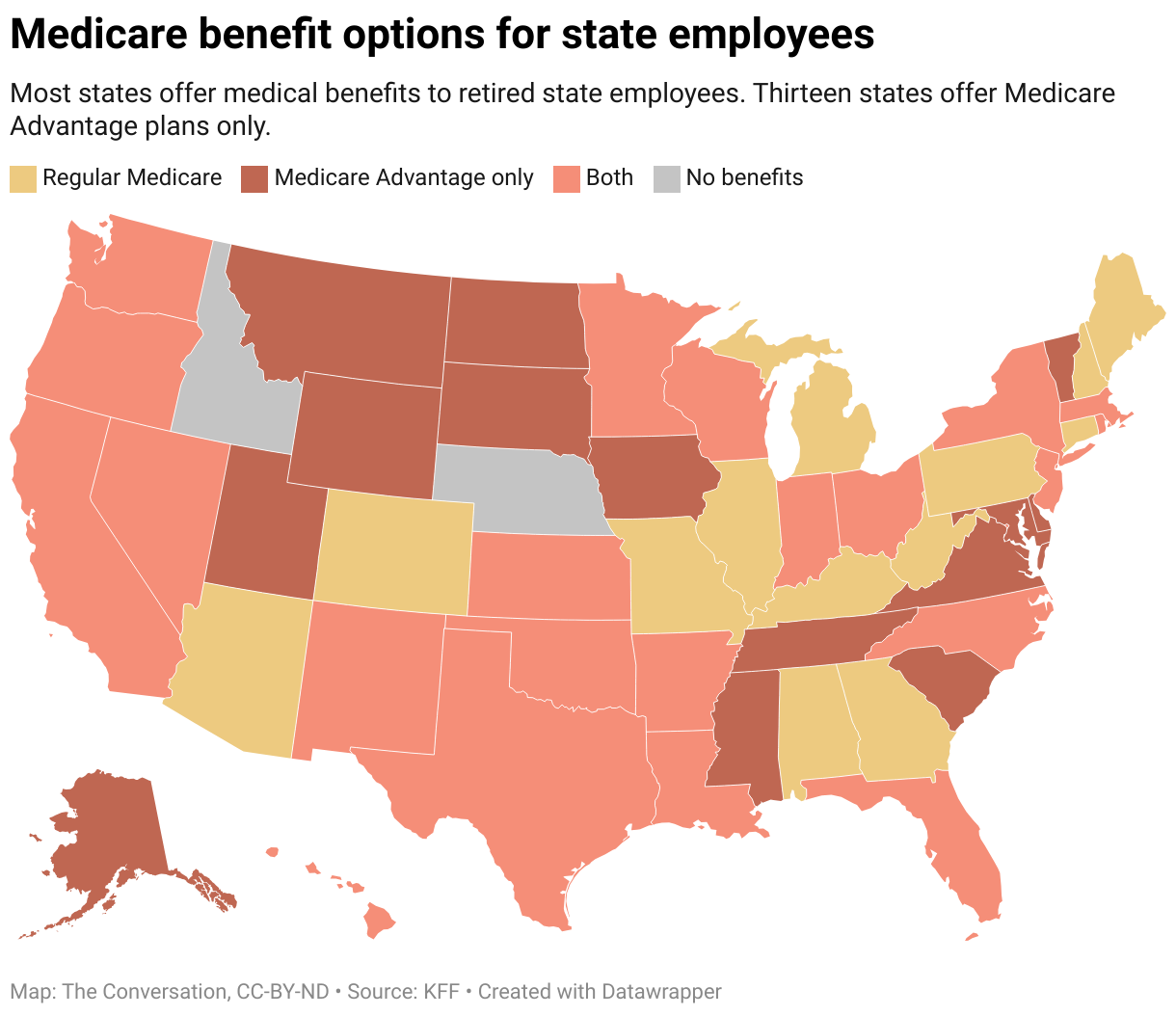
Overview
Medical bill coding errors can be incredibly frustrating. These occur when a healthcare provider assigns an incorrect code to a diagnosis or procedure, resulting in incorrect billing and inaccurate reimbursement.
According to this recent report, medical billing errors are a major issue in the U.S. healthcare system, costing up to $935 million per week. These mistakes can be caused by typos, coding issues, incorrect patient information, and fraud. Over 25% of medical billing errors are attributed to typos, while hospital coding errors account for 63%.
Understanding the basics of medical coding is essential to identify and fixing errors on your medical bill.
Check your Medical Bill and Compare
It’s important to understand the types of codes that may appear on your medical bill.
Every billed service with a CPT code has to link to an ICD-10 code, and revenue codes are specific to a facility and identify the dollar amount connected with a procedure.
You can use this billing code directory to look up HCPCS or CPT codes.
- HCPCS Level I codes, or CPT codes, are five-digit codes corresponding to different procedures or tests.
- HCPCS Level II codes correspond to supplies or products used during a visit.
- ICD-10 codes identify diagnoses.
Details to Look For
Before you receive your medical bill, you should receive an Explanation of Benefits (EOB) from your insurance company. Make sure to check your bill against the EOB for accuracy – incorrect information can cause it to be sent to a collections agency, which could affect your credit score.
- Check that your name, address, insurance information, and dates of care are all correct. Call your insurance company to clarify if the amount on your bill does not match the EOB.
- Request an itemized bill and review each line item to ensure it reflects your received service or product.
- Verify that the ICD-10 codes on your bill match why you were in the hospital or the condition for which you were treated.
- Look for duplicate charges, and review the timed operating room charge to ensure it squares with how long the doctor said your surgery took.
- Add up the individual charges to ensure they equal the total amount listed at the bottom of your bill.
Found an Error, Now What?
If you find an error on your medical bill, it is vital to take action. You should first contact your doctor or hospital to determine the issue.
Unfortunately, the process of getting a medical billing issue resolved can be long and tedious.
You should also consider asking for a specific billing professional’s direct phone number to resolve your issue as quickly as possible.
If you’re feeling overwhelmed, consider hiring a professional medical billing advocate to review your bill and work with the provider to correct errors or negotiate charges. A medical billing advocate may also be able to provide additional resources and guidance.
Other Helpful Tips
- If you receive debt collector calls about an unfair bill, demand that they provide you with a written contract demonstrating your obligation to pay.
- Without a contract, there is no legal responsibility to make payment.
- Furthermore, many people need to be aware they can receive an out-of-network charge at an in-network hospital for non-urgent care.
- If you experienced unnecessary care or a preventable complication, call the hospital or provider and clarify that you will not be charged for those services.
- Additionally, research the fair market price and use that to negotiate. Sites like Healthcare Bluebook and Clear Health Costs can help you find the most suitable prices.
- If the procedure is surgical, compare your costs to those offered by The Surgery Center of Oklahoma and Texas Free Market Surgery. This comparison can be used for negotiating.
Next Steps
If you believe you’ve identified an error, call the medical billing department’s customer service line to dispute it. If the procedure was covered by insurance, you might also need to file an appeal with the insurance company.
If the resolution is not achieved through these channels, contact your state insurance commissioner to loop in regulators. As a last resort, you can seek legal counsel.
Sources:
https://www.cms.gov/nosurprises/consumers/complaints-about-medical-billing
https://www.patientrightsadvocate.org/how-to-fight-medical-bill-overcharges




